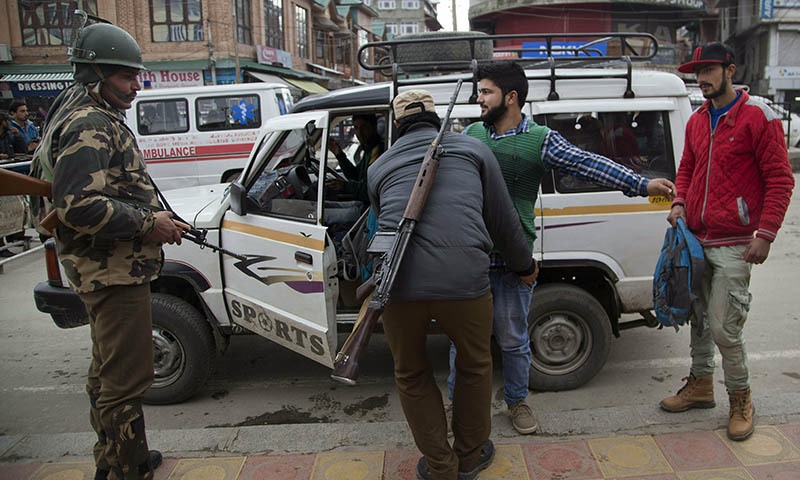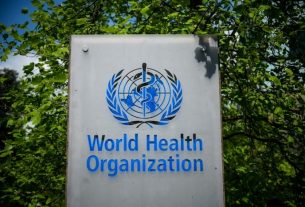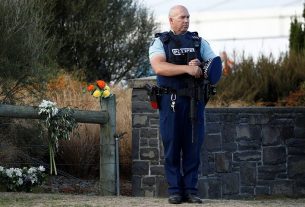A prominent rights group in occupied Kashmir is advocating for the United Nations to establish a commission of inquiry to investigate what it calls the endemic use of torture by Indian forces who have faced a decades-long anti-India uprising in the disputed region.
The Jammu-Kashmir Coalition of Civil Society (JKCCS) on Monday released a detailed report saying that the Indian government is using torture as a “matter of policy” and “instrument of control” in Kashmir, where locals have struggled against Indian rule since 1989.
“Torture is the most under-reported human rights violation perpetrated by the state,” the report noted. “Due to legal, political and moral impunity extended to the armed forces, not a single prosecution has taken place in any case of human rights violations” in the region, the report said.
Indian authorities said they would study the report before commenting on it.
In the past, officials have acknowledged torture exists in occupied Kashmir but have denied that Indian forces strategically use sexual and other abuses to control the population.
The 560-page report, researched for a decade, recommends an investigation be led by the UN Office of the High Commissioner for Human Rights. It also urges India to ratify the UN Convention against torture and also allow global rights groups “unhindered access” to occupied Kashmir.
Last year, the UN in its first report on Kashmir called for an independent international investigation into reports of rights violations like rape, torture and extrajudicial killings in the region.
The report, which JKCCS helped with field research, particularly criticised Indian troops for firing shotgun pellets against protesters, blinding and maiming hundreds of people, including children.
India rejected the UN report as “fallacious”. The new report includes 432 case studies involving torture and maps trends and patterns, targets, perpetrators, locations and other details. The cases include 293 civilians and 119 militants, among others, and 27 were minors when they were tortured.
Juan E. Mendz, former UN special rapporteur on torture, said the report would help draw attention to the need to express concern about India’s human rights record.
“For the worldwide struggle against torture, this report will constitute a landmark,” Mendz, who teaches human rights law at American University in Washington, wrote in the prologue of the report.
“I am convinced that a report, when it is as rigorous, evidence-based and persuasive as this one is, constitutes a building block towards public awareness of the tragedy of torture.”
JKCCS has written scathing reports in the past about the brutality by some of the hundreds of thousands of Indian troops stationed in the region and highlighted the widespread of powers granted to them, which has led to culture of impunity and rights abuses. They were first to publicise thousands of unmarked graves in remote parts of occupied Kashmir and demand that they be investigated to determine who the dead were and how they were killed.
Monday’s report said the institutions of the state like legislature, executive, judiciary and armed forces use torture “in a systematic and institutional manner”.
Indian-occupied Kashmir is patrolled by military, paramilitary and armed police and remains one of the most militarised regions in the world.
Most Kashmiris resent the Indian troop presence and back Kashmiri fighters’ demands to either be under Pakistan rule or independent of both Pakistan and India.
Coils of barbed wire and security checkpoints are common, and emergency laws grant Indian forces sweeping powers to search homes and make arrests without warrants and to shoot suspects on sight without fear of prosecution.
In the past, the government has claimed the allegations are mostly propaganda meant to demonise troops.



